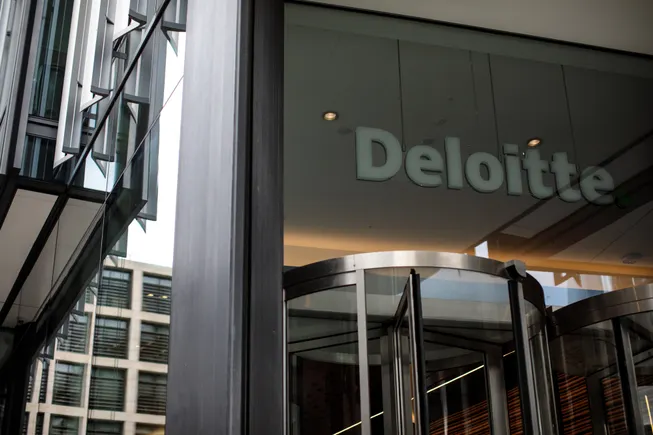Deloitte’s AI Misstep: A Warning for Financial Professionals
The Australian division of Deloitte, a prominent accounting and consultancy firm, has recently faced public backlash following revelations that a report produced for the Australian government was riddled with artificial intelligence (AI) errors. This incident underscores the critical need for professionals to implement robust safeguards when utilizing AI tools in their work.
A Wake-Up Call for AI Usage
Experts are urging financial professionals to reconsider their reliance on AI without appropriate checks. Bryan Lapidus, director of the Financial Planning & Analysis practice at the Association for Financial Professionals, emphasized that AI should be viewed as a supportive tool rather than a definitive source of truth. “AI is intended to provide tailored answers,” he stated, reminding professionals to critically evaluate its outputs.
Errors in the Deloitte Report
The problematic document submitted to the Australian Department of Employment and Workplace Relations was initially published in July. However, it came to light that the report included significant inaccuracies, including a fabricated legal quote and references to non-existent academic studies. A corrected version was released earlier this month, following this alarming discovery.
Financial Repercussions and Accountability
In response to the errors, Deloitte Australia agreed to partially refund the A$440,000 (approximately $290,000) paid by the government for the flawed report, which assessed the department’s automation systems. A spokesperson for the department confirmed that certain footnotes in the review had been found incorrect, highlighting the importance of accountability among consulting firms.
Insights from Academic Experts
Chris Rudge, a researcher at the University of Sydney, played a pivotal role in uncovering the report’s inaccuracies. His findings raised concerns about whether AI had directly generated the content. Nikki MacKenzie, an assistant professor at the Georgia Institute of Technology, added that while AI may exhibit intelligence, it is not infallible, urging caution among users who may inadvertently place too much trust in these technologies.
The Broader Implications of AI Errors
Generative AI tools can occasionally produce “hallucinations,” leading to incorrect or misleading information. A study by KPMG revealed that nearly six out of ten employees reported making mistakes at work due to AI errors. This underscores the urgent need for organizations to incorporate internal controls and safeguards to mitigate potential risks.
Looking Forward: AI in the Corporate Landscape
Despite the concerning nature of the Deloitte incident, experts predict that businesses will continue to embrace AI rather than retreating from it. Jack Castonguay, an associate professor of accounting, noted that Deloitte’s experience serves as a cautionary tale for future AI deployments in the industry. “It seems like it was only a matter of time,” he remarked, advocating for organizations to take responsibility for validating AI outputs.
As AI technologies advance, the onus remains on professionals to verify the information generated and apply their expertise in conjunction with AI capabilities. The Deloitte incident serves as a vital reminder of the importance of maintaining rigorous oversight in a rapidly evolving technological landscape.

